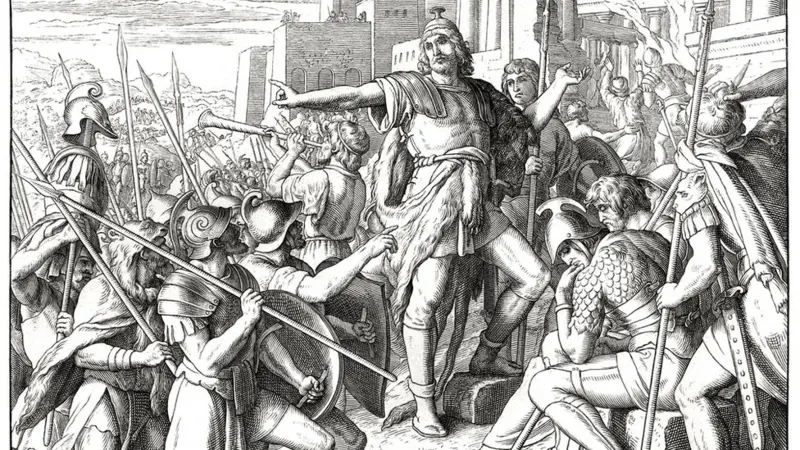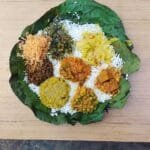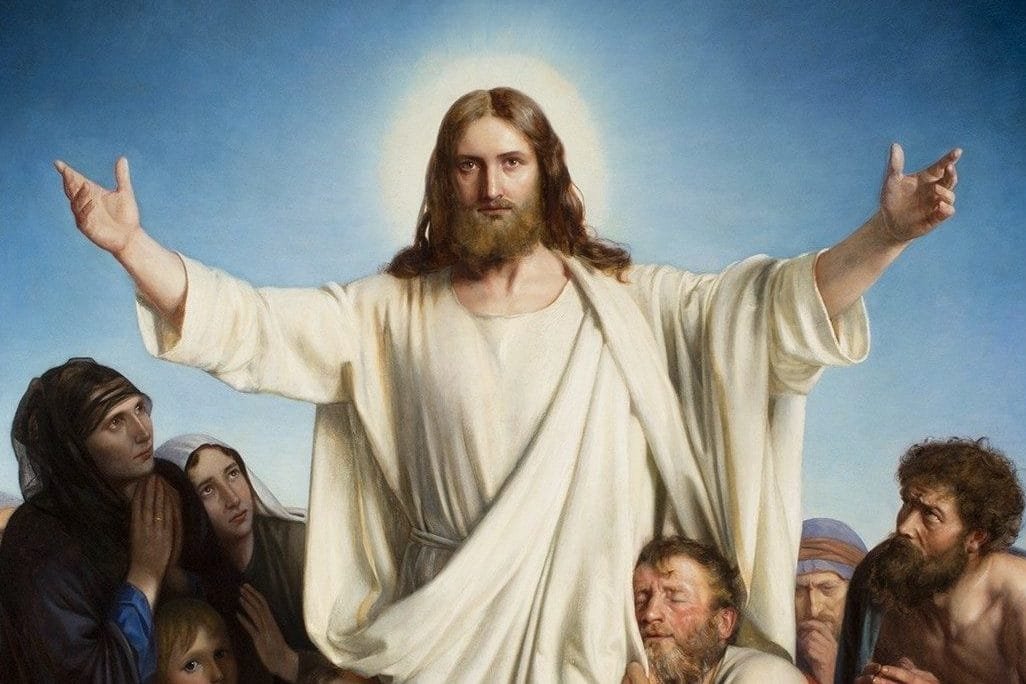Hanukkah, also known as the Festival of Lights, is one of the most widely celebrated Jewish holidays, symbolizing resilience, faith, and the miraculous. The holiday commemorates the rededication of the Second Temple in Jerusalem following the Maccabean Revolt against the Seleucid Empire in the 2nd century BCE. It is an eight-day celebration filled with traditions, rituals, and family gatherings. While it is often compared to Christmas due to its proximity to the Christian holiday, Hanukkah holds a distinct historical and spiritual significance.
The Story Behind Hanukkah
Hanukkah’s origins lie in the events of 164 BCE, when the Jewish people, led by the Maccabees, revolted against the oppressive rule of King Antiochus IV Epiphanes. Antiochus had outlawed Jewish religious practices, desecrated the Temple in Jerusalem, and erected an altar to the Greek god Zeus.

After reclaiming the Temple, the Maccabees sought to purify it and restore their traditions. According to Jewish tradition, they found only a small jar of consecrated oil to light the Temple’s menorah, enough for one day. Miraculously, the oil lasted for eight days, which allowed them to prepare more consecrated oil. This event is the basis for Hanukkah’s central ritual and its spiritual message of hope and divine intervention.
Rituals and Traditions
- Lighting the Menorah:
The central ritual of Hanukkah involves lighting the menorah, a nine-branched candelabrum. Each night, one additional candle is lit until all eight candles are illuminated. The ninth candle, the shamash (helper), is used to light the others. - Recitation of Blessings and Prayers:
Special blessings and prayers, including the Hallel, are recited to express gratitude and commemorate the miracle. - Traditional Foods:
Foods fried in oil, such as latkes (potato pancakes) and sufganiyot (jelly-filled doughnuts), are eaten to honor the miracle of the oil. - Games and Gifts:
Playing with the dreidel, a spinning top marked with Hebrew letters, is a popular tradition. Each letter stands for a phrase meaning “A great miracle happened there.” Gift-giving, while not originally part of Hanukkah, has become common in modern times. - Charity and Acts of Kindness:
Many families emphasize the importance of giving to others during Hanukkah, reinforcing themes of community and compassion.
The Significance of Hanukkah
Hanukkah is more than just a historical commemoration; it represents the Jewish values of faith, resilience, and cultural identity. The story of Hanukkah inspires people to stand up for their beliefs and persevere in the face of adversity.
Comparing Hanukkah and Christmas
Although Hanukkah and Christmas often overlap in December, they are distinct in origin, meaning, and customs.
- Origins:
Hanukkah commemorates a historical event specific to Jewish history, while Christmas celebrates the birth of Jesus Christ, a central figure in Christianity. - Religious Significance:
Christmas is a major holiday for Christians, reflecting the theological belief in Jesus as the Savior. Hanukkah, while important, is a minor holiday in the Jewish liturgical calendar compared to other festivals like Passover or Yom Kippur. - Cultural Influence:
Both holidays emphasize family gatherings and community, but the commercial aspects of Christmas—such as elaborate decorations, Santa Claus, and gift-giving—have influenced the way Hanukkah is celebrated, especially in Western societies. - Rituals:
Christmas rituals often involve church services, nativity scenes, and festive meals, while Hanukkah focuses on lighting the menorah, playing games, and enjoying oil-based foods.
Do Jews Believe in Jesus?
The relationship between Judaism and Jesus is complex. Jesus is a central figure in Christianity, regarded as the Messiah and the Son of God. However, Judaism does not recognize Jesus as the Messiah or divine.

- Messianic Expectations:
Jewish theology anticipates the coming of the Messiah as a future leader who will bring peace and restore the Jewish people to their homeland. Since Jesus did not fulfill these prophecies during his lifetime, traditional Judaism does not accept him as the Messiah. - Differences in Belief:
Christianity’s core belief in the divinity of Jesus is fundamentally at odds with Jewish monotheism. Jews believe in a singular, indivisible God and do not accept the concept of the Trinity. - Messianic Jews:
A small group known as Messianic Jews believe in Jesus as the Messiah but continue to observe Jewish traditions. This movement is not recognized as part of mainstream Judaism.
Shared Values and Mutual Respect
Despite theological differences, Judaism and Christianity share common values rooted in the Hebrew Bible, such as compassion, justice, and the importance of community. Both Hanukkah and Christmas encourage reflection on themes of hope, light, and redemption, fostering an environment of mutual respect and understanding.
Hanukkah is a celebration of resilience, miracles, and cultural identity. While often compared to Christmas, it stands on its own as a meaningful Jewish holiday with unique traditions and spiritual significance. Understanding Hanukkah provides an opportunity to appreciate the diversity of faiths and the universal messages of hope and perseverance that unite humanity.
What Do Jewish People Eat and How Do They Celebrate?
Jewish dietary habits and celebrations are deeply rooted in religious traditions and cultural practices. Food plays a significant role in Jewish life, with many dishes linked to specific holidays, rituals, or cultural heritage.
Jewish Dietary Laws: Kashrut
Many Jews follow kashrut (kosher) dietary laws, which dictate what is permissible to eat according to Jewish religious texts. Key rules include:
- Permitted Animals:
Only animals that chew the cud and have split hooves (e.g., cows, sheep) are allowed.
Fish must have fins and scales (e.g., salmon, tuna). Shellfish and other seafood like shrimp and crab are not kosher.
Birds like chicken and turkey are kosher, but birds of prey are not.
- Prohibition of Pork:
Pork is strictly forbidden in kosher dietary laws, as pigs do not meet the criteria of chewing cud despite having split hooves. Observant Jews avoid eating pork entirely. - Separation of Meat and Dairy:
Meat and dairy products cannot be consumed together. Separate utensils, cookware, and dishes are often used to maintain this separation. - Proper Slaughtering:
Animals must be slaughtered in a specific way (shechita) to be considered kosher.
Jewish Cuisine
Jewish cuisine varies by region but often adheres to kosher guidelines. Popular dishes include:
Challah: A braided bread eaten on Shabbat and holidays.
Latkes: Fried potato pancakes, commonly served during Hanukkah.
Gefilte Fish: A traditional Ashkenazi dish made from ground fish.
Matzo: Unleavened bread eaten during Passover.
Shakshuka: A Middle Eastern dish of poached eggs in a spiced tomato sauce.
Jewish Celebrations and Food
- Shabbat (Sabbath):
Shabbat begins at sunset on Friday and ends at nightfall on Saturday.
Families enjoy a festive meal featuring challah, wine, and often roasted chicken or brisket.
- Hanukkah:
Foods fried in oil, like latkes and sufganiyot (jelly-filled doughnuts), symbolize the miracle of the oil.
Celebrations include lighting the menorah, playing dreidel, and giving gifts.
- Passover (Pesach):
Leavened bread is avoided; matzo is eaten instead.
The Seder meal includes symbolic foods like bitter herbs and charoset (a sweet fruit paste).
- Rosh Hashanah (New Year):
Sweet foods like apples dipped in honey symbolize hopes for a sweet new year.
Challah is baked in round shapes to represent continuity.
- Yom Kippur (Day of Atonement):
A day of fasting and prayer. The fast is typically broken with a light meal of bagels, cream cheese, and smoked fish.
Comfort Level with Pork?
Jewish attitudes toward pork depend on the level of religious observance:
- Orthodox Jews:
Strictly adhere to kosher laws and avoid pork entirely.
- Conservative and Reform Jews:
Many still avoid pork, but others may not follow kosher laws as strictly and might consume it.
- Secular Jews:
Often see food choices as cultural rather than religious. Some may eat pork without concern.
Jewish celebrations revolve around faith, family, and food, with dietary practices reflecting deep religious and cultural traditions. While observant Jews avoid pork and follow kosher laws, individual practices vary widely within the Jewish community. These customs, whether strict or relaxed, contribute to the rich tapestry of Jewish life and identity.












